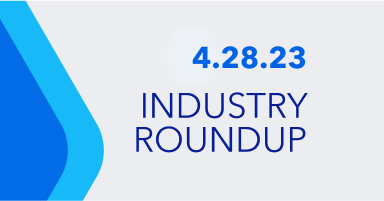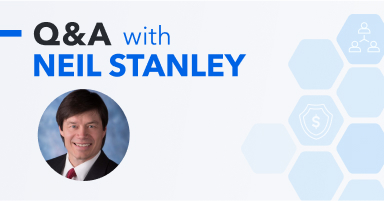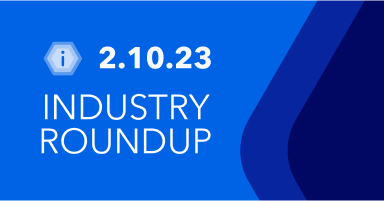Stablecoin Stalled? Apple's Savings Accounts, and a New Data Leak.

April 21, 2023
Lawmakers Differ on Stablecoin Details
Six months after hammering out the rough outline of a bipartisan bill to regulate stablecoins, there’s been little progress on resolving the remaining issues.
During a recent hearing before the Subcommittee on Digital Assets, Financial Technology, and Inclusion, Republicans argued for reviving the bill, while top Democrat Rep. Maxine Waters said lawmakers needed to “start from scratch.” About the only thing the two sides appeared to agree on was that regulation is needed.
Ahead of the hearing, the American Bankers Association released a statement laying out its concerns with the bill, including that it would allow nonbank stablecoin issuers to obtain a Fed master account.
A day earlier, SEC Chair Gary Gensler was grilled by Republican members in front of the full House Financial Services Committee over his approach to regulating crypto. “Regulation by enforcement is not sufficient nor sustainable,” Committee Chair Patrick McHenry, R-N.C., told him. For his part, Gensler drew a clear line between the crypto sector and the banking crisis, said crypto platforms were “noncompliant generally,” and made a push for more resources to police the sector.
Apple Plans to Give Big Banks a Run for Their Money
Recently, Neil Stanley brought to our attention that Apple is partnering with Goldman Sachs to offer a high-yield savings account with a 4.15% interest rate, more than 10 times the national average. It’s a competitive threat—from a formidable adversary—to a banking sector whose customers are increasingly chasing higher yields. “What should be our response in this 5% Fed Fund environment?” Stanley asked the community.
Lenders Giving Main Street Banks a Run for Their Money
With consumers chasing higher yields, lenders like Citizens Financial and Hancock Whitney are paying more to keep depositors around. On a positive note, earnings have mostly surprised to the upside so far, though a lull in deal making has weighed on the results of Goldman and Morgan Stanley.
CFPB Reports Employee Breached Data Impacting 250K+ Consumers
The Wall Street Journal broke the story revealing a data breach involving a former CFPB employee who forwarded the personal information of more than 250,000 U.S. consumers to a personal email account. A CFPB spokesperson said the bureau has referred the matter to the inspector general and is “taking appropriate action to address this incident.”
McCarthy’s Debt Ceiling Bill Aims to Cut Into Biden’s Agenda
House Speaker Kevin McCarthy, R-CA, unveiled his proposal Wednesday to reduce government spending and raise the debt ceiling. McCarthy and President Biden are currently locked in a stalemate over the debt limit, and it’s unclear if McCarthy has the votes to pass the bill, but if he does get it passed, it could force the president to the negotiating table.
Few Banks Hedging Interest-Rate Risk
New research shows that few U.S. banks took steps to protect themselves against interest-rate risk last year as the Fed tightened policy. According to the study, only 6% of aggregate bank assets were protected from rising rates via swaps, and around 25% of banks, one of which was SVB, actually reduced protections as rates went up.
FDIC on Track to Recoup Insurance Losses, Despite SVB Collapse
The failures of SVB and Silvergate were the second- and third-largest U.S.-bank failures in history, costing the FDIC some $22.5 billion. Even so, the agency is on track to replenish its deposit insurance fund by 2028, Chair Marty Gruenberg said Tuesday—the burden of which, as American Banker’s Washington Bureau Chief John Heltman points out, will likely fall almost entirely on big banks.
Do Federal Home Loan Bank Advances Signal Distress?
The Federal Home Loan Bank System played an important role in shoring up the balance sheets of hundreds of banks this year, including several banks that have recently failed. But FHLB executives say the system is working precisely as Congress intended it to. The FHLB system has lent roughly $500 billion to banks in 2023, including some that have failed and others that are under stress. FHLB executives say there’s nothing to see here because the system was designed to prop up distressed banks and stop contagion. Critics claim FHLB advances can spread the problems of distressed banks to the broader financial system, and that, in many cases, the FHLB’s super-lien status leads them to make risky loans to banks with little chance of remaining solvent.
Was the 2018 Reg Relief Law Responsible for Recent Bank Failures?
Listen to Rob Blackwell’s interview with Greg Baer, CEO of the Bank Policy Institute



